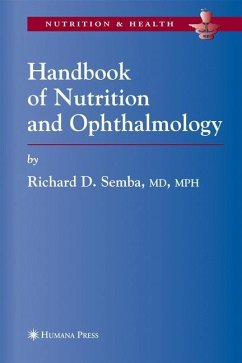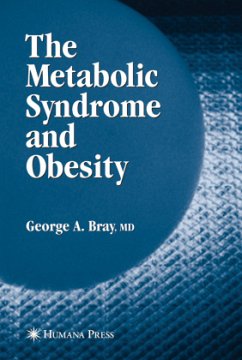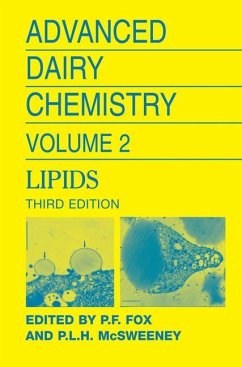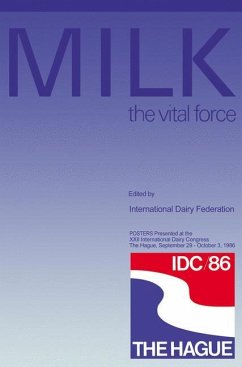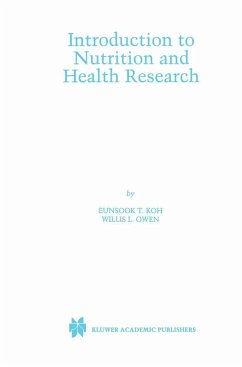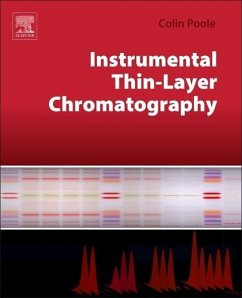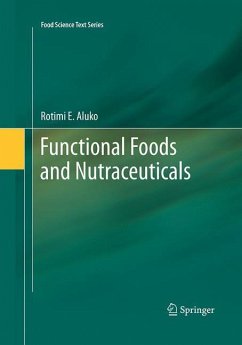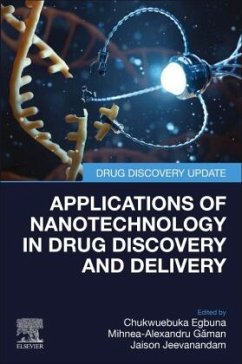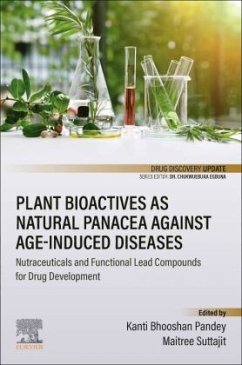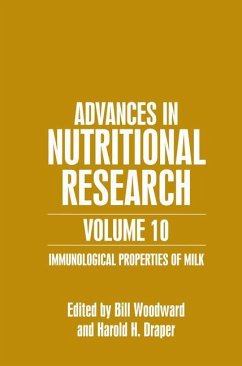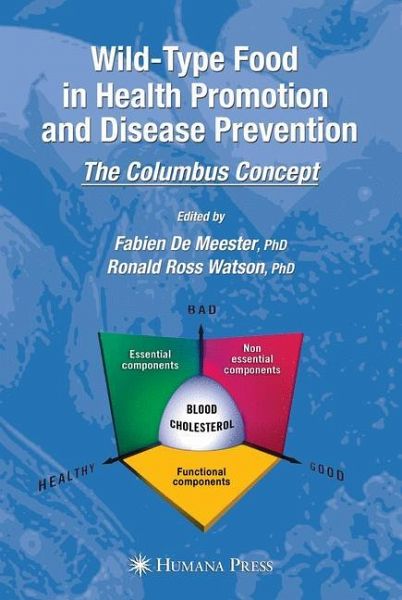
Wild-type Food in Health Promotion and Disease Prevention
The Columbus Concept
Herausgegeben: DeMeester, Fabien
Versandkostenfrei!
Versandfertig in 6-10 Tagen
115,99 €
inkl. MwSt.

PAYBACK Punkte
58 °P sammeln!
This book presents a cutting-edge, in-depth investigation into new methods of health promotion. It is one of the first books to focus on the role of omega-3 polyunsaturated fatty acids in unhealthy diets. The book also contains reviews of the economic benefits of novel health promotion and disease prevention methods. Leading experts present recent examples and clinical trials.
It is essential to force a U-turn in the way contemporary medicine approaches ill-health diseases. Early prevention of primary risk factors is a far more promising approach compared to late acute treatment of secondary risk factors in reducing the cost burden of Public Health, not mentioning the expected benefits of the former versus the latter approaches with regards to the Quality of Life. Wild-Type Food in Health Promotion and Disease Prevention: The Columbus Concept is one of the first books to focus on the role of omega-6/3 polyunsaturated fatty acids in unhealthy diets. The volume is divided into five sections. The first identifies the missing essential ratio of competing essential fatty acids in the human diet and relates them to the upsurge of modern chronic disease and associated health costs. The authors also explain the scientific basis of the Columbus Concept and the evidence supporting the rehabilitation of dietary/blood cholesterol. In the second section, authors discuss the essential ingredients in a daily diet that make blood vessels healthy and resistant. The third section introduces the functional part of the diet that brings about health benefits and healthy blood vessels. The fourth section details the health benefits of wild-type foods in various cultures. The final section investigates the possibility for novel sources for health promotion. Wild-Type Food in Health Promotion and Disease Prevention: The Columbus Concept presents a cutting-edge, in-depth investigation into new methods of health promotion.





